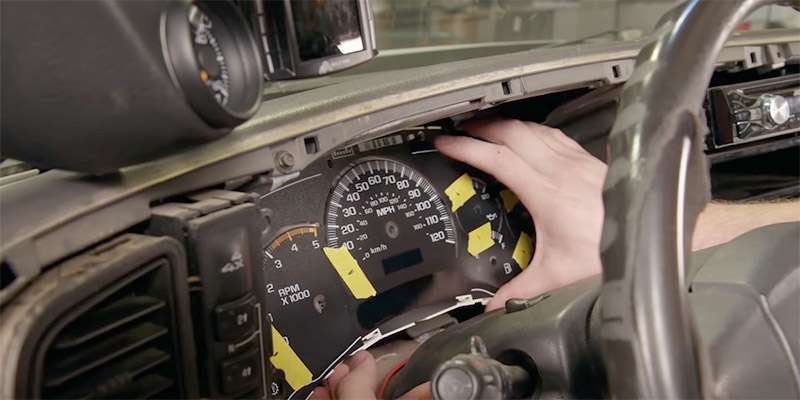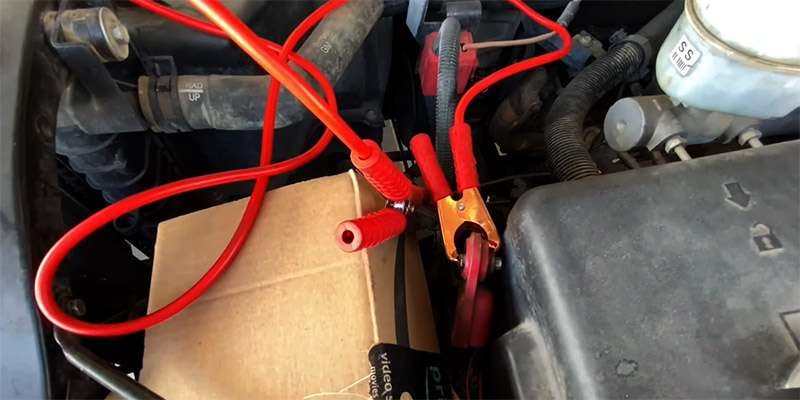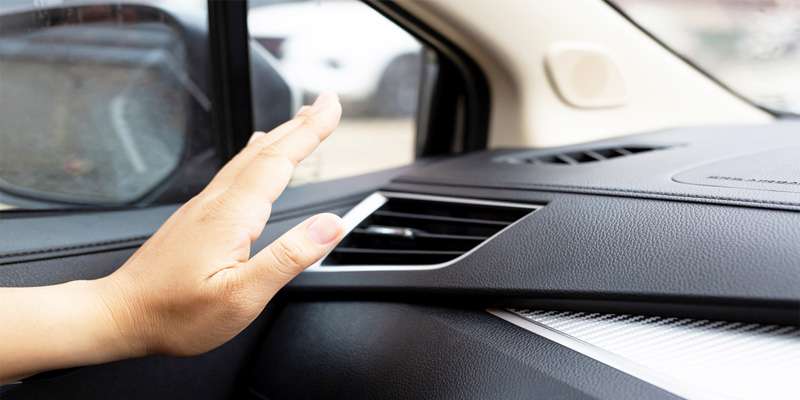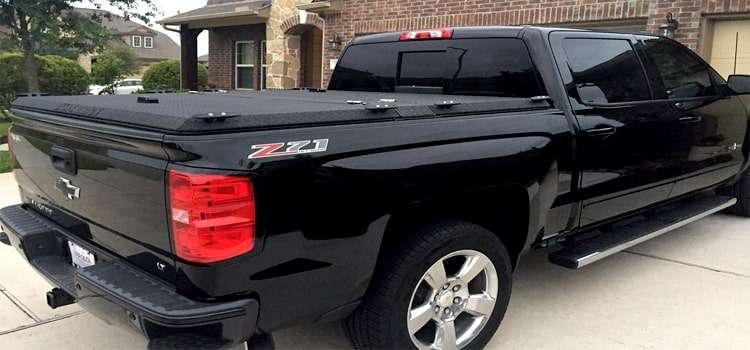Ford F-250 truck beds from the model years 1999 to 2016 generally interchange with some modifications. The compatibility depends on the truck’s generation and bed size.
The Ford F-Series trucks, specifically the F-250, have established a reputation for versatility and ruggedness.
Owners often look to interchange truck beds to replace damaged parts or customize their vehicles. The interchangeability between different model years allows for a wider variety of options for repairs and upgrades.
Ensuring the proper fit for a truck bed requires attention to the specific dimensions and design features of the F-250’s generation.
With the right information, truck owners can make informed decisions about which truck beds will work with their vehicles, making maintenance and customization easier and more efficient.
It’s essential to verify compatibility with the frame size and mounting points when considering an interchange to avoid any fitting issues.
Credit: www.dieselarmy.com
Introduction To Ford F-250 Truck Bed Compatibility
Vehicle modifications bring excitement and a personal touch to truck ownership.
For Ford F-250 owners, understanding truck bed compatibility ensures upgrades and replacements are seamless.
This knowledge is vital for both aesthetic enhancements and practical applications.
Compatible truck beds offer numerous benefits. They enable owners to replace damaged beds, upgrade to newer styles, or customize trucks for unique needs.
Interchangeability also simplifies the search for parts, potentially reducing costs and increasing the availability of alternatives.
The Importance Of Bed Interchangeability
Truck bed interchangeability stands out as a crucial aspect for maintaining and customizing your Ford F-250.
Here are the key points:
- Ease of Replacement: Identifying interchangeable beds makes the process of replacing a damaged or worn-out bed straight to the point.
- Versatility: Interchangeable beds allow for versatility in functionality, such as switching to a bed with different storage options or utility features.
- Value: A truck with an interchangeable bed system holds its value better, offering more options for future buyers.
Brief History Of The Ford F-250 Model Changes
Over the years, the Ford F-250 has experienced various design changes. Take a glimpse into its evolution:
| Generation | Production Years | Key Changes |
|---|---|---|
| First Generation | 1957-1960 | Aerodynamic styling, and improved fuel efficiency. |
| Second Generation | 1961-1966 | Unibody design, increased power. |
| Seventh Generation | 1980-1986 | High-strength materials, and advanced technology features. |
| Latest Models | 2017-Present | High-strength materials, advanced technology features. |
Each model change can impact bed compatibility. It’s essential to recognize your truck’s generation for accurate bed interchange.
Identifying Your Ford F-250 Model Year
Matching parts for your Ford F-250 truck requires knowing the exact model year.
This avoids costly mistakes and ensures a perfect fit. Truck beds, for instance, vary between generations. This guide helps F-250 owners pinpoint their truck’s model year with ease.
How To Find Your Truck’s Production Year
Check the driver’s side door. Open the front driver’s door and look for a sticker. This sticker lists important details including the manufacture date.
Vehicle Identification Number (VIN). Find your VIN, often on the lower driver’s side dashboard. Decipher this 17-digit code using online tools. The tenth character reveals the truck’s model year.
Registration documents. Your F-250’s registration card includes the model year. Review insurance papers as well. Both documents provide accurate production year info.
Visual Cues For Different Ford F-250 Generations
Distinct features mark each F-250 generation. Familiarize yourself with these visual clues to identify the generation at a glance.
- Seventh Generation (1980-1986): Square body, round headlights.
- Eighth Generation (1987-1991): Aerodynamic design changes, flush headlights.
- Ninth Generation (1992-1997): Even more streamlined, introduction of driver-side airbag.
- Tenth Generation (1997-2004): Complete redesign, more curves, a new grille.
- Eleventh Generation (2004-2008): Sharper lines, stronger frame.
- Twelfth Generation (2009-2014): Larger body, taller grille.
- Thirteenth Generation (2015-present): Aluminum body, modernized features.
Remember, the aesthetic changes are indicators of different model years. For exact interchangeability of truck beds, combine visual cues with definitive production year data.
Generations And Compatibility
When searching for a Ford F-250 truck bed, knowing the compatible years is crucial.
Truck beds must match the specific generation of the Ford F-250. Below are details about the different generations and which years of truck beds will interchange.
Differences Among Ford F-250 Generations
Ford F-250 trucks have seen many changes over the years. Each generation comes with its unique design, affecting compatibility.
- First generation (1953-1956): Known for its “Bullet Nose” front end.
- Second generation (1957-1960): Introduced the Styleside bed design.
- Third generation (1961-1966): Twin I-Beam front suspension.
- … (and so on, mentioning key features of subsequent generations)
Changes to frame design, truck bed dimensions, and mounting hardware can affect bed interchangeability. It is essential to know these details before attempting a swap.
Compatible Year Ranges For Interchangeable Beds
Finding a compatible truck bed is easier with a clear understanding of Ford F-250 truck generations.
Here is a simple guide to interchangeable truck beds:
| Generation | Year Range | Compatible Beds |
|---|---|---|
| 7th Generation | 1980-1986 | 1980 to 1986 models |
| 8th Generation | 1987-1991 | 1987 to 1991 models |
| 9th Generation | 1992-1996 | 1992 to 1996 models |
Always ensure the truck bed you choose is from the same generation. For a perfect match, confirm the year and model of your Ford F-250.
Factors Affecting Truck Bed Interchangeability
Welcome to a guide on the factors that affect Ford F-250 truck bed interchangeability. Ford truck owners often ponder the possibility of swapping out their truck beds.
Several factors play crucial roles in determining if a truck bed from one Ford F-250 can interchange with another.
Key among these factors are bed dimensions and design revisions over the years. Understanding these can save both time and resources for truck owners.
The Role Of Bed Dimensions
Bed dimensions are vital for interchangeability. Truck beds must match in length, width, and depth to ensure a proper fit.
Ford F-250 models come in different bed sizes:
- Short Bed – typically around 6.75 feet
- Long Bed – usually about 8 feet
Before attempting a truck bed swap, owners must compare the dimensions. A mismatch can lead to problems with installation and functionality.
Impact Of Design Revisions Over Time
Ford F-250 trucks have undergone various design changes. These affect bed compatibility. Specific years group together due to shared design characteristics:
| Year Range | Design Note |
|---|---|
| 1999-2016 | Super Duty trucks within these years often share bed compatibility |
| 2017-present | A major redesign in 2017 means these truck beds typically do not interchange with older models |
Owners must note the year and design revisions when considering bed swaps. Matching body style and chassis is also non-negotiable.
Practical Guide To Truck Bed Swaps
If you own a Ford F-250 and you’re considering upgrading or replacing your truck bed, this practical guide is your roadmap to a successful swap.
Truck bed interchangeability often varies by model year and design. Owners of Ford F-250s can typically exchange beds with other F-250s or F-350s from similar generations.
Knowing the right steps and having the proper tools are key to smooth bed swapping.
This guide will take you through a step-by-step process, ensuring your truck bed swap is a triumph.
Step-by-step Process For Bed Interchange
- Verify Compatibility: Confirm the donor bed matches your Ford F-250 model year range.
- Prepare Your Truck: Clear the area and gather the necessary documentation.
- Disconnect Components: Remove tail lights and wiring harnesses safely.
- Unbolt the Bed: Loosen and remove the bolts securing the bed to the frame.
- Enlist Help: Get help to lift the bed off the frame to avoid injury.
- Install New Bed: Align and lower the replacement bed onto your truck’s frame.
- Secure the Bed: Bolt the new bed in place, ensuring a tight fit.
- Reconnect Components: Attach the tail lights and wiring harnesses to finish.
- Inspect the Swap: Check for proper alignment and functionality of the new bed.
Tools And Tips For A Successful Swap
Performing a truck bed swap on your Ford F-250 is a big project. Be sure you have the right tools and follow these tips:
- Socket Wrench Set: Needed for removing and securing bed bolts.
- Wire Cutters/Strippers: Essential for handling wiring tasks.
- Helping Hands: Don’t try lifting the bed alone; always have assistance.
- Rust Penetrant: Helps loosen rusted or stuck bolts.
- Torque Wrench: Use to apply proper torque on bolts.
- Bed Liner: Consider applying a new bed liner for added protection.
- Safety Gear: Always wear gloves and safety glasses during the swap.
Take your time and focus on the details. A successful truck bed swap increases your Ford F-250’s utility and value.

Credit: www.ebay.com
Common Challenges And Solutions
Truck enthusiasts often face hurdles when swapping Ford F-250 truck beds across different model years.
But don’t fret, solutions exist to handle these tricky situations. Knowing what to tackle makes the process smoother.
Troubleshooting Fitment Issues
Finding the perfect fit can be daunting. Here’s what to look for:
- Bed size: Measure the length and width carefully.
- Cab-to-axle space: Check for compatibility to avoid mismatches.
- Mounting points: Ensure they align for effortless installation.
Match the bed to your model year for a tailored fit.
Adapting To Wiring And Hardware Variances
Electrical and hardware differences are common:
| Component | Common Solution |
|---|---|
| Tail lights | Use a wiring adapter or rewire to suit the existing system. |
| Bumper attachments | Swap the bumper or drill new attachment points if necessary. |
| Tie-down hooks | Transfer your old hooks or install new ones compatible with the bed. |
Replacing or adapting these components ensures a smooth transition.
Credit: www.ford-trucks.com
FAQs For What Year Ford F 250 Truck Beds Interchange
What Year Ford Cabs Are Interchangeable?
Ford truck cabs from 1998-2016 are typically interchangeable within their respective generations, with certain variations by model and trim level. Always verify compatibility with your specific vehicle year and model before interchange.
Do F-150 And F-250 Have The Same Bed?
No, the F-150 and F-250 do not have the same bed. They differ in size and dimensions to match their respective truck classes.
What Years Did Ford F-250 Change Body Style?
The Ford F-250 has undergone body style changes in 1999, 2008, and 2017, marking the introduction of new generations.
Are The F-150 And F-250 Cabs The Same?
The F-150 and F-250 cabs are not the same. They differ in size and design to match their respective truck models’ specifications.
Conclusion
Understanding the compatibility of Ford F-250 truck beds across different model years ensures a seamless swap.
Truck enthusiasts and owners can confidently navigate upgrades or replacements.
As always, validate fitment with specific model specifications for a worry-free transition. Keep your F-250 functional and stylish with the right bed interchange knowledge.
 Skip to content
Skip to content










